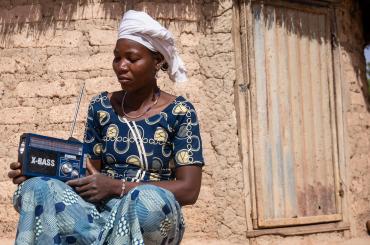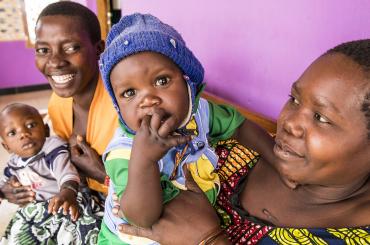
family planning
-

Free contraception had no impact on birth rates in Burkina Faso
Providing free access to all modern contraceptive products for three years in local public health centres in rural Burkina Faso had no detectable effect on birth rates, suggesting that fertility levels are in line with how many children families want...
-

Beyond security: UN peacekeeping's role in health and family planning
Evidence from Liberia highlights the role of peacebuilding interventions, through providing a ‘security umbrella’ that promotes local economic development and enables health services provision and access, in reducing fertility rates and improving hea...
-

Policymaking, trust, and the demand for public services
After the public disclosure of alleged forced sterilisations during a family planning campaign, municipalities in Peru with more victims exhibited a steep decline in public health services and lower levels of trust in public institutions
-

Mass media meets motherhood: Increasing contraception uptake in Burkina Faso
A high-quality intensive family planning radio campaign increased contraception uptake by 20%
-

Uptake of family planning services in Tanzania: The role of the husband
Why do we still see low use of contraceptives in Tanzania? The answer might be found within the household
-

How do family planning policies reshape the life of the Chinese elderly?
A study finds that while family planning has either no effect or a slightly positive one on elderly Chinese parents’ physical health, it can be detrimental to their mental health
-

Population policies and fertility convergence
While urbanisation and socioeconomic factors played a role, the global decline in fertility is largely due to successful population control programmes